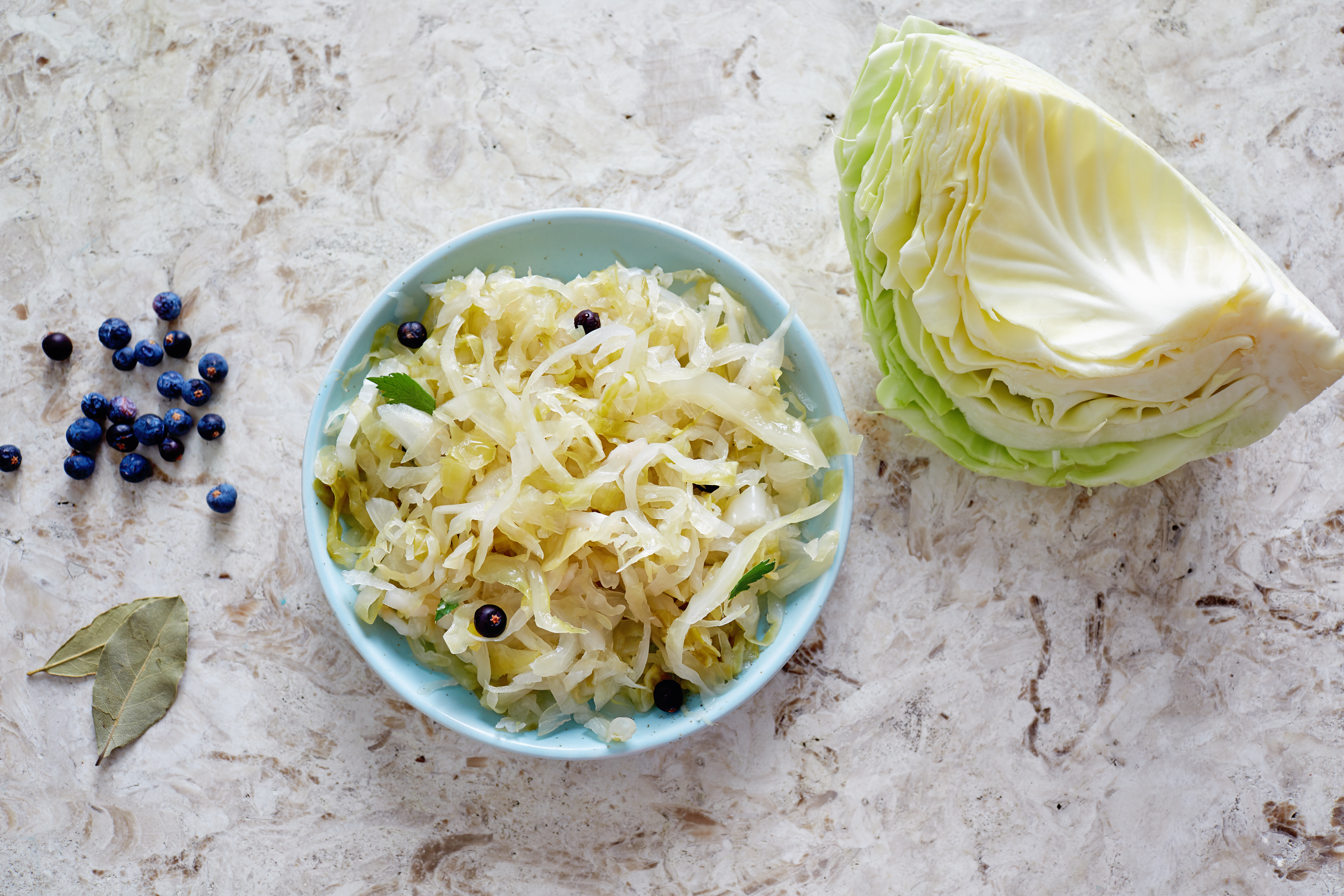You’ve probably heard that yogurt is good for you because of all the good bacteria it contains. Or, maybe you’ve seen gurus tout the health benefits of kombucha – that fizzy beverage lining health food aisles. These products, including other fermented foods, all have one thing in common: microbes. And they’re the secret ingredient for why fermented foods support a healthy digestive system.
In order to understand just how fermented foods – and microbes – help the digestive system, it might help to know a few things about your gut. The truth is, there are literally trillions of microorganisms in your gut. This is referred to as the gut microbiome. And researchers are finding again and again that the health of the gut microbiome plays a huge role in the health of your mental and physical bodies, too.
In short, the healthier your gut is, the healthier you can be, too. In fact, a thriving, flourishing gut microbiome is linked to lower obesity, improved mental health, fewer occurrences of autoimmune disorders, and longevity.
The foods we eat can either support or compromise the gut microbiome. And it turns out that fermented foods are really good for gut health. That’s because fermented foods have microbes that “boost the diversity of good bacteria” in your gut, along with other yeasts and fungi.
So, what fermented foods provide microbes to your gut microbiome?
Seek out traditionally made items, like any of the following foods. Or, you can make your own, to get the most benefits for your gut.
- Yoghurt
- Kefir
- Kimchi
- Sauerkraut
- Miso
- Natto
- Kombucha




